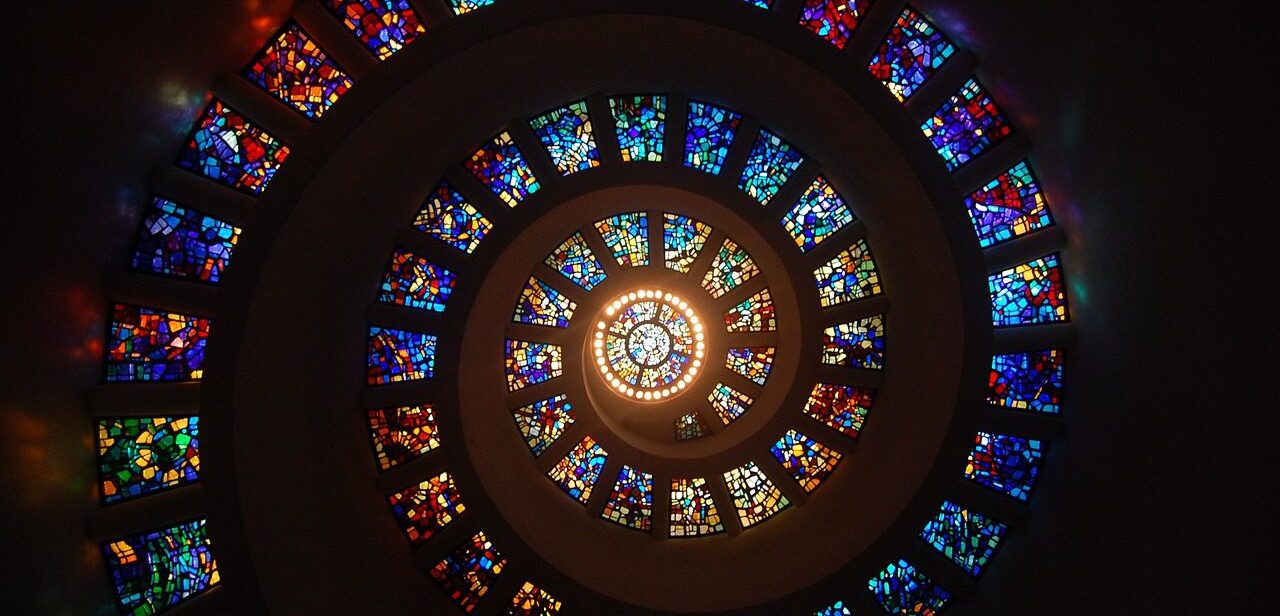“One of the greatest tragedies of our time is this impression that has been created that science and religion have to be at war,” says geneticist Francis Collins.
Collins, the former director of the National Institutes of Health in the US, was quoted not on a religious site but on a Webpage maintained by the science department at the University of California Berkeley.
“Science investigates the natural world,” the Website explains, “while religion deals with the spiritual and supernatural—hence, the two can be complementary.”
“Science cannot support or contradict the existence of supernatural entities. It deals only with natural phenomena and explanations.”
But what does it mean for science and religion to be “complementary”? Is the scientific community offering religion a seat at the table? Is one field superior to the other? If so, why?
The assertion that science and religion complement each other is good soil in which to grow a conversation. We have far too much war, too much hate, too much refusal to consider or respect the deeply held beliefs of others. But if we can see these two great categories—science and religion—as complementary, we have reason to talk to each other. Together, we can ponder the imponderable.
The UC Berkeley site contains this sidebar: “Misconception: Science contradicts the existence of God.” They offer this correction: “Science cannot support or contradict the existence of supernatural entities. It deals only with natural phenomena and explanations.”
UC Berkeley also has this to say about the coexistence of science and religion. “Questions that deal with supernatural explanations are, by definition, beyond the realm of nature—and hence, also beyond the realm of what can be studied by science.”
Science is essential to us. We need a rational, systematic approach to the natural world we see, feel, hear, smell, and taste. But is religion essential? Do we need religion at all?
[W]e crave something beyond science because our biggest questions lie beyond the scope of its various disciplines.
For the purpose of our conversation here, I choose to substitute the term theology for religion. This is due mostly to my own personal baggage with religion. For me, religion is largely unhelpful. It too quickly bogs down in the mire of useless or distorted human traditions and less-than-honest wishful thinking. Theology concerns itself with the study of God—or no God, depending on your personal starting point. It is one of life’s great ironies that scientists can be religious and theologians can be atheists.
Clearly, we crave something beyond science because our biggest questions lie beyond the scope of its various disciplines. Where did we come from? Why are we here? Why is there something rather than nothing? For there is a truth here that haunts science. The limitations of science mean that it can never answer the question of First Cause—that is, what started everything that we now see? And why? Theories are plentiful, but there is no way to reproduce the event in a laboratory. We humans are finite creatures attempting to ponder the infinite.
Perhaps no limitation of science haunts us more than this one:
What happens when we die?
Source: https://undsci.berkeley.edu/article/0_0_0/whatisscience_12

